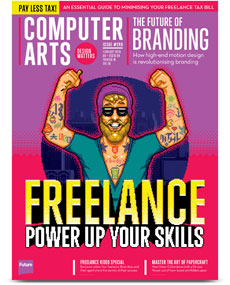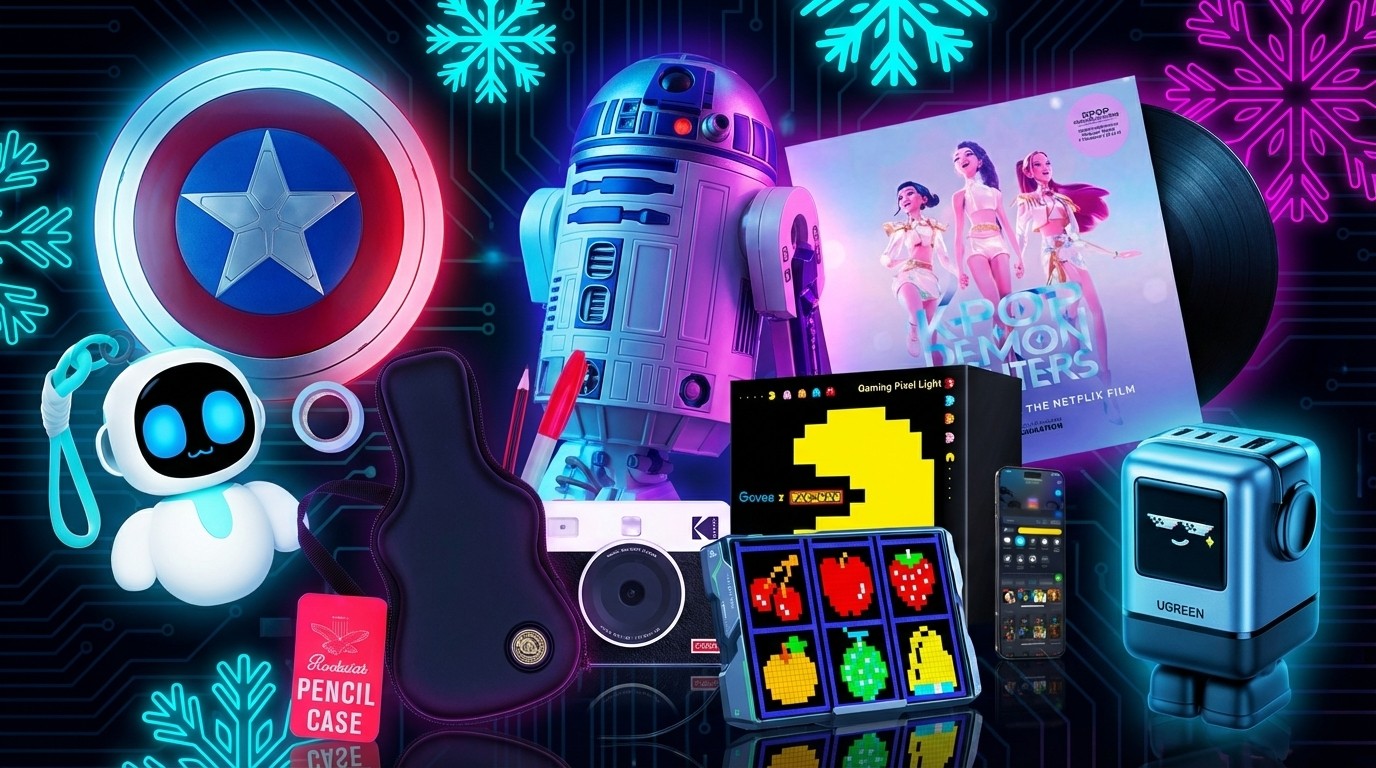5 essentials for getting started as a freelancer
Going it alone? Here are five key things to consider when kicking off your freelance career.
Whether you're a studio-based creative director, web designer or illustrator, if you've made the decision to go freelance, you're probably feeling excited, daunted and more than a little bit terrified. Whether you're working from home or going to rent a space, there's a lot to consider: clients, tax, the things nobody tells you – to ensure you're successful as a freelancer.
Feeling nervous is totally normal, confirms designer and illustrator MJ Jackson, who freelances under the name I Am Cheapskate. "Leaving the security of a permanent job inevitably conjures self-doubt and a fear that there won't always be work," he says.
But with hard work, going freelance could be the best decision you've ever made. So what do you need? Read on for five essentials...
01. Equipment

Do you have everything you need to do your job? Some of this is blindingly obvious, like the fact that you could do with having access to a Mac computer, up-to-date Adobe software and an internet connection, but what about your chair and desk? Do you need to swap them for more ergonomic ones?
02. Inspiration
You could just plonk your laptop on the kitchen table and work there. Hey, you're a freelancer now, so you can work anywhere you want, can't you? Well, yes, you can, but that doesn't mean you should.
A pleasing, inspiring workspace will have a better effect on your productivity, so use tear sheets, posters, photos, plants – whatever helps brighten up your space.
03. Organisation
You're going to need a system for keeping track of things like client amends, deadlines and invoices. It's best to choose something that will actually work for you. For example, there's no point putting it all in Google Calendar if you hate electronic scheduling apps.
Daily design news, reviews, how-tos and more, as picked by the editors.
04. Self-promotion
Make some noise about the fact that you're available for work. "If people don't know about you, then make them aware," says MJ Jackson.
"Get in touch, sell yourself and be passionate about why you want to work together. It's a constant process – you mustn't rest on your laurels. I am perpetually making new contacts and keeping in touch with existing ones."
05. Taxation
Once you start earning money as a freelancer, you have to tell HMRC (or the equivalent in your country) that you're doing so. Even if you earn a very small amount and aren't liable for any tax, you'll still need to complete a tax return. Remember to put money aside towards future tax bills. This should ideally be a quarter of your earnings.

The full version of this article first appeared in Computer Arts issue 249 – a special issue packed with pro advice for going freelance and stepping your freelance career up a level.
Liked this? Read these...
- 12 killer tips for freelance success
- Be inspired by these creative resumes
- How to choose the right drawing tools
- Read our selection of the finest free ebooks for designers
- We reveal the best desk exercises

The Creative Bloq team is made up of a group of art and design enthusiasts, and has changed and evolved since Creative Bloq began back in 2012. The current website team consists of eight full-time members of staff: Editor Georgia Coggan, Deputy Editor Rosie Hilder, Ecommerce Editor Beren Neale, Senior News Editor Daniel Piper, Editor, Digital Art and 3D Ian Dean, Tech Reviews Editor Erlingur Einarsson, Ecommerce Writer Beth Nicholls and Staff Writer Natalie Fear, as well as a roster of freelancers from around the world. The ImagineFX magazine team also pitch in, ensuring that content from leading digital art publication ImagineFX is represented on Creative Bloq.
